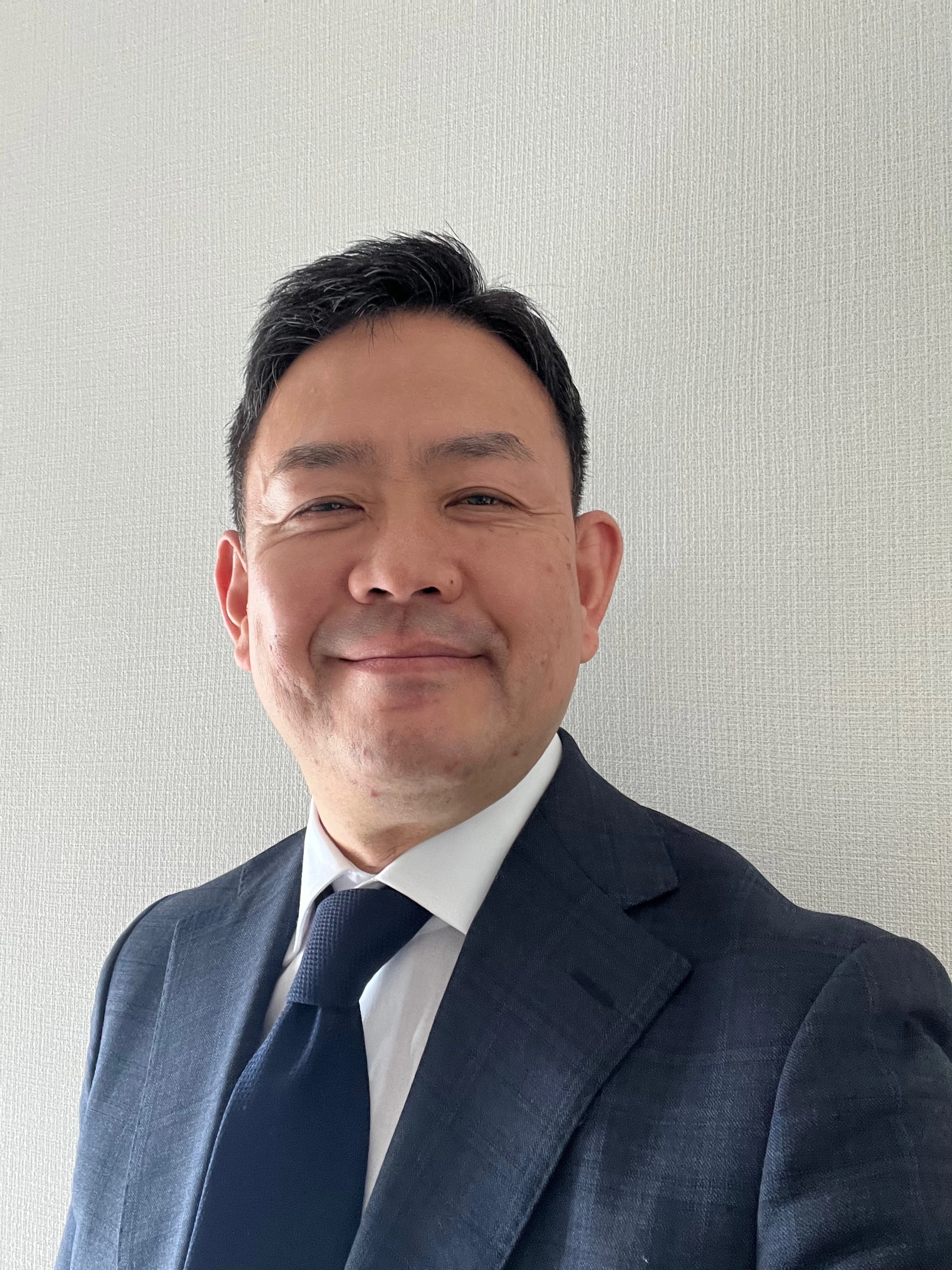[Blog]Understanding Japan’s “Special Period” After Visa Applications
2025-10-26
Introduction (About the Recent News)
Recently, the Yomiuri Shimbun reported an incident (link) in which the Tokyo Regional Immigration Bureau mistakenly detained a foreign national who actually held valid residence status. The person was misidentified as an overstayer and was held for six days before the error was discovered. This case highlights the importance of understanding Japan’s “special period” (tokurei kikan) that applies after submitting visa-related applications, and the need to carry proper proof during that time. Let’s go through this carefully.
What Is the “Special Period”?
When a foreign resident in Japan applies to change their residence status or extend their period of stay, they automatically receive a “special period” of two months after their visa expires. During this time, they are still legally allowed to stay in Japan until a decision is made. The key points are: (1) applicants are not considered overstayers while their application is pending, and (2) authorities need a way to confirm that the person is indeed under this special status — which is where communication and documentation become critical.
Online vs. In-Person Applications — The Big Difference
If you apply for a visa extension or change in person at the immigration office, your residence card is often stamped to show that you are within the special period. This makes it easy for police or immigration officers to verify your legal status. However, if you apply online, no such stamp appears on your card — meaning that, at a glance, it may look like your visa has expired. This creates a risk of misunderstanding or even wrongful detention if the authorities don’t check the application records properly. In the recent case, the mistake reportedly happened because an officer failed to input the data into the internal system, so the person’s pending application was not visible to others in the bureau.
“Could That Really Happen?” — Unfortunately, Yes
In principle, such an error should never happen. Immigration authorities are responsible for tracking pending applications, and internal systems should flag anyone under the special period. Yet, in practice, human mistakes — such as data-entry errors or insufficient verification — can occur. Even well-meaning police officers or immigration agents may misunderstand a situation if they cannot confirm your application on the spot. The consequences for the person detained can be serious, both emotionally and financially.
How We Immigration Lawyers Handle This in Practice
As administrative scriveners (gyoseishoshi) handling visa applications, we take several steps to prevent such problems for our clients: 1) We always issue or obtain an official “proof of application receipt” — either the stamped copy from immigration for in-person filings or a printed version of the online receipt email with the application number. 2) We clearly indicate on that document that the client is under the special period and may legally remain in Japan for up to two months beyond the listed expiration date. 3) We instruct clients to keep this proof with them at all times and to show it immediately if questioned by police or immigration officers. 4) We also register emergency contact information so that we can respond quickly if a misunderstanding occurs.
If You Are Wrongfully Detained
If, despite all precautions, someone is mistakenly detained, it is important to act quickly: (1) Present your application receipt or proof of submission. (2) Contact your lawyer or administrative scrivener immediately. (3) Have copies of your residence card, passport, and application number ready. We can then contact immigration and coordinate a prompt resolution so that you are released as soon as possible.
Practical Tips for Everyday Life
Here are simple steps anyone can take to avoid trouble: keep a printed copy of your online receipt or stamped application form, carry it together with your residence card, make sure your lawyer or company HR contact knows your situation, and always apply early — don’t wait until the last minute before your visa expires. A little preparation goes a long way toward preventing stressful situations.
Final Thoughts — Staying Safe and Informed
The Tokyo Immigration Bureau’s mistaken detention case should never have happened, but it reminds us that errors by public authorities can occur, especially when systems fail to share information properly. Online applications are convenient but make it harder for others to confirm your legal status just by looking at your card. That’s why professionals like us always issue an additional certificate and remind clients to carry it during the special period. If you ever feel uncertain or need help, don’t hesitate to reach out to an immigration specialist. Having the right proof and advice will help you stay safe and live confidently in Japan.

